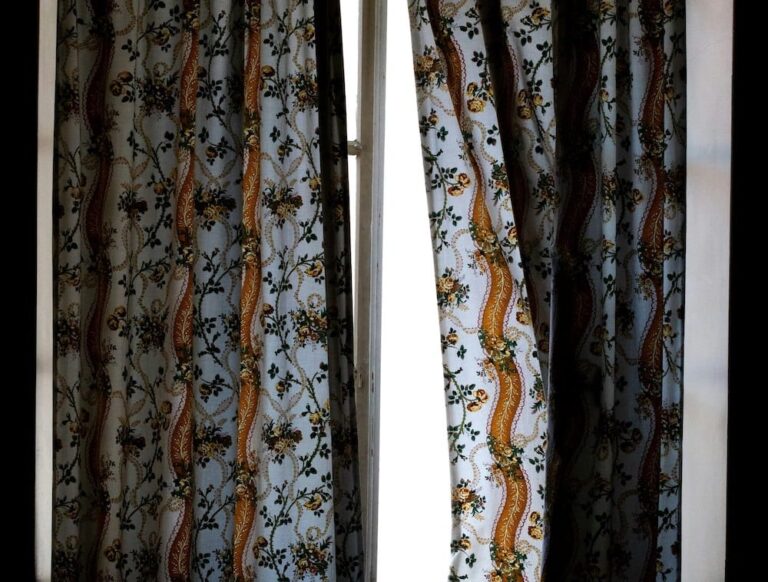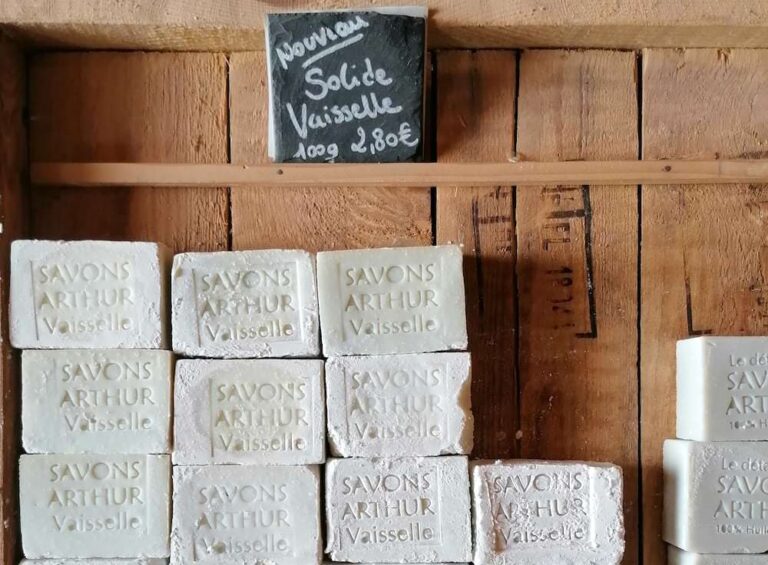second-hand
In French, “second-hand” is expressed through several phrases. The most common are d’occasion and à deuxième main or de deuxième main. While these expressions can often be translated as “second-hand” or “used” in English, they are not interchangeable in French and differ in tone, register, and frequency of use.
D’occasion: Used, Pre-Owned
The phrase d’occasion is the most common and widely used expression in French for describing something that is not new. It can refer to cars, furniture, clothing, electronics, books and nearly any item that has already been used or owned.
Usage examples:
- J’ai acheté une voiture d’occasion.
I bought a used car. - Ce magasin vend des vêtements d’occasion.
This shop sells second-hand clothes. - Tu peux trouver des livres d’occasion en ligne à moitié prix.
You can find second-hand books online at half price. - J’me suis trouvé un vélo d’occas’ sur Leboncoin, pas cher et en super état.
I found myself a second-hand bike on Leboncoin, cheap and in great condition.
Grammatically, d’occasion functions as a post-nominal adjective phrase. It follows the noun and does not agree in gender or number. It is sometimes abbreviated in casual usage to d’occas.’
Etymology:
From Latin occasio, meaning “opportunity” or “favorable moment.” In this context, occasion originally suggested a good opportunity or bargain. Over time, article d’occasion came to mean a “bargain item,” often implying that it was pre-owned.
À Deuxième Main / De Deuxième Main: Second-Hand (less frequent)
The expressions à deuxième main and de deuxième main are more formal or literary and are used less frequently in everyday speech than d’occasion. They are often used in writing or in contexts that wish to emphasize the “handing down” aspect of ownership.
Usage examples:
- Un manteau de deuxième main, mais en excellent état.
A second-hand coat, but in excellent condition. - Ces meubles sont à deuxième main, récupérés chez un antiquaire.
These are second-hand pieces, retrieved from an antique dealer.
Although grammatically correct, à deuxième main and de deuxième main are sometimes perceived as more descriptive or neutral than d’occasion, which may carry a slightly more commercial or consumerist tone.
Etymology:
Literally meaning “of second hand,” the phrase follows the same structure as its English counterpart. The concept derives from the idea that an item has passed from one owner (the first hand) to another (the second hand). While the construction exists in French, it is less idiomatic and far less common than d’occasion.
Other Phrases Related to Used or Second-Hand Items
Usagé(e): Worn or Used (Condition-Based)
The adjective usagé (feminine: usagée) refers to the worn or used condition of an item rather than the fact that it has had a previous owner. It can sometimes carry a slightly negative connotation, implying wear or damage.
Usage examples:
- Des pneus usagés ne sont pas toujours sécuritaires.
Used tires are not always safe. - Ce canapé est un peu usagé, mais encore confortable.
This sofa is a bit worn, but still comfortable.
Etymology:
From Latin usare, meaning “to use.” The participle usagé literally means “used” or “worn through use.”
Recyclé(e): Recycled or Reused
Recyclé refers to materials or items that have been processed for reuse. It is more often used in environmental or manufacturing contexts than in everyday descriptions of second-hand goods.
Usage examples:
- Ce papier est fait de matériaux recyclés.
This paper is made from recycled materials. - Une robe faite à partir de tissus recyclés.
A dress made from recycled fabrics.
Seconde main: Variant of de deuxième main
The phrase seconde main is a stylistic variation and appears in expressions like article de seconde main. It is slightly more refined or literary and often used in formal writing or fashion contexts.
Usage examples:
- Des sacs de luxe de seconde main à prix réduit.
Second-hand luxury bags at a reduced price.
This phrase is synonymous with de deuxième main, though d’occasion remains the most commonly used phrase in both spoken and written French.






